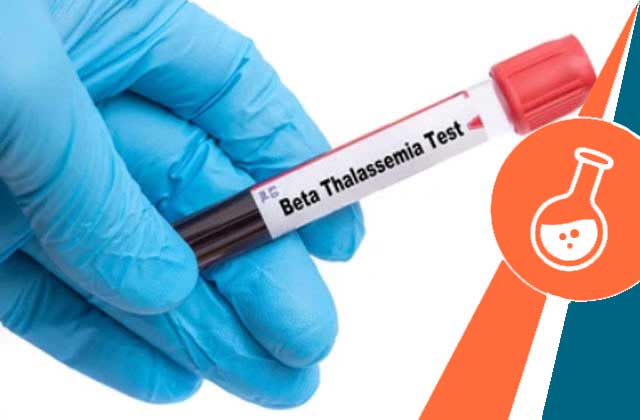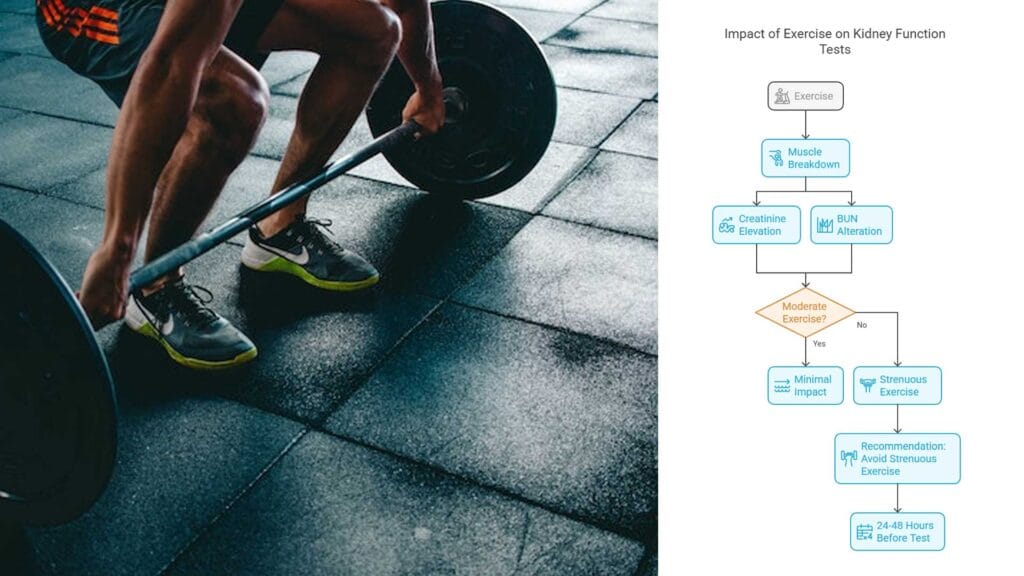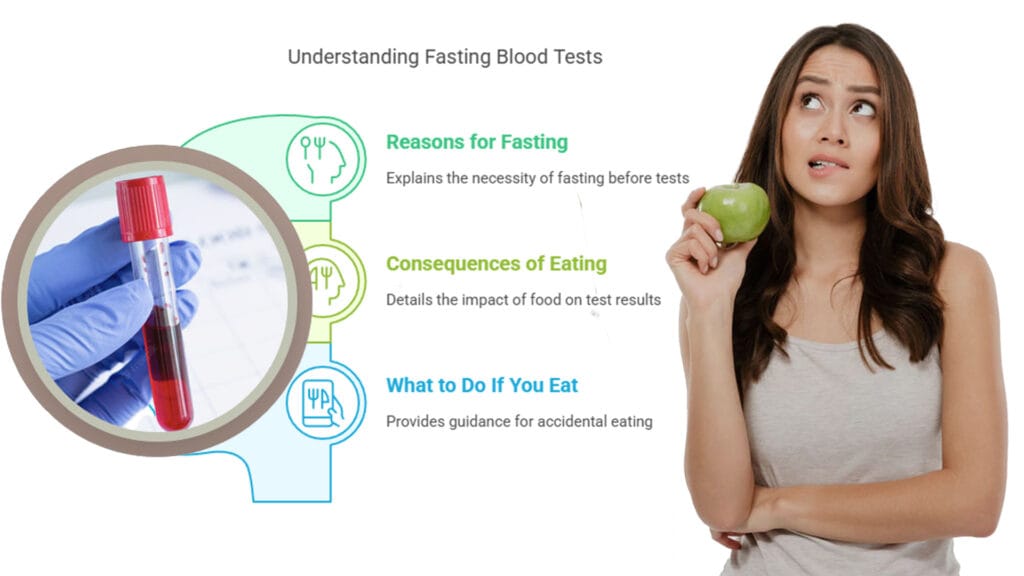Beta Thalassemia Test
Thalassemia (5)
- HEMOGLOBIN A2
- HEMOGLOBIN C
- HEMOGLOBIN D
- HEMOGLOBIN F
- HEMOGLOBIN S
Beta Thalassemia and its Function
Beta thalassemia is an inherited blood disorder characterized by reduced or absent production of beta globin chains, which are an essential component of hemoglobin. Hemoglobin is the protein in red blood cells responsible for carrying oxygen throughout the body.
Conditions that may require Beta Thalassemia Test
A beta thalassemia test may be required in the following conditions:
- Family history of beta thalassemia: If there is a known family history of beta thalassemia or if both parents are carriers of beta thalassemia traits, genetic testing may be recommended to determine if an individual has inherited the condition.
- Unexplained anemia: Beta thalassemia can cause chronic anemia, which may be mild or severe depending on the type and severity of the condition. If an individual presents with unexplained or persistent anemia, a beta thalassemia test may be ordered to investigate the underlying cause.
- Abnormal complete blood count (CBC) results: A routine CBC may show abnormalities in the red blood cell indices, such as microcytosis (smaller than normal red blood cells) and hypochromia (paler than normal red blood cells), which can be indicative of beta thalassemia.
- Symptoms of thalassemia major or thalassemia intermedia: Thalassemia major and thalassemia intermedia are severe forms of beta thalassemia. Symptoms may include severe anemia, growth retardation, skeletal abnormalities, enlarged spleen, and other complications. If these symptoms are present, a beta thalassemia test may be conducted to confirm the diagnosis.
- Pre-pregnancy or prenatal screening: Beta thalassemia carrier screening may be recommended for individuals planning to start a family, especially if there is a higher risk of carrying the trait due to ethnic background or family history. Prenatal testing can also be offered to pregnant individuals to determine if the fetus has inherited beta thalassemia.
Beta Thalassemia Test Procedure
The beta thalassemia test typically involves a blood sample collection. Our healthcare professional will clean the area, usually on the inner elbow or back of the hand, with an antiseptic. He will then insert a needle into a vein to draw a blood sample. The collected blood is transferred into a test tube or vial.
Interpreting Beta Thalassemia Test Results
- Negative result: A negative result indicates the absence of specific beta thalassemia mutations or abnormalities tested for. This suggests that the individual is not carrying the identified mutations associated with beta thalassemia. However, it’s important to note that a negative result does not rule out the possibility of other rare or unidentified mutations related to beta thalassemia.
- Positive result: A positive result indicates the presence of specific beta thalassemia mutations or abnormalities. The specific mutations identified will help determine the type and severity of beta thalassemia. The interpretation may include the following:
- Beta thalassemia trait or carrier: A positive result may indicate that an individual is a carrier for beta thalassemia. This means that they have one copy of a beta thalassemia gene mutation and one normal gene. Carriers usually do not show symptoms of beta thalassemia but can pass the mutation on to their children.
- Beta thalassemia major or intermedia: A positive result may suggest the presence of two copies of beta thalassemia gene mutations, resulting in more severe forms of the condition. Beta thalassemia major is characterized by severe anemia and requires lifelong treatment, while beta thalassemia intermedia is a less severe form.
- Other mutations or hemoglobinopathies: In some cases, a positive result may indicate the presence of other genetic mutations or abnormalities associated with different types of hemoglobinopathies, such as HbE or HbS, which can affect hemoglobin production and lead to various types of thalassemia.
- Genetic counseling and further testing: Depending on the specific mutations identified and the clinical presentation, genetic counseling and additional tests may be recommended to provide more detailed information about the specific type and severity of beta thalassemia. This may include further genetic testing, family studies, or additional diagnostic tests to assess hemoglobin levels and red blood cell indices.
Treatment for Beta Thalassemia levels
The treatment approach for beta thalassemia depends on the severity of the condition. Here are some general treatment strategies:
- Beta thalassemia carrier: Individuals who are carriers of beta thalassemia typically do not require treatment. However, genetic counseling and education about the risks of passing the condition to their children are important.
- Beta thalassemia trait: Individuals with beta thalassemia trait may not require specific treatment. However, they should be monitored to ensure their red blood cell indices remain within normal ranges. In some cases, iron supplementation may be needed if iron deficiency coexists.
- Beta thalassemia intermedia: For individuals with beta thalassemia intermedia, treatment may involve regular monitoring of red blood cell counts, iron levels, and other parameters to assess the severity of anemia. Blood transfusions may be given intermittently to manage severe anemia or during periods of increased demand, such as illness or pregnancy.
- Beta thalassemia major: Beta thalassemia major, also known as Cooley’s anemia, is the most severe form of beta thalassemia. Treatment typically involves regular blood transfusions to correct anemia and maintain a satisfactory hemoglobin level. However, frequent transfusions can lead to iron overload, which requires chelation therapy to remove excess iron from the body. Iron chelators such as deferasirox, deferiprone, or deferoxamine are commonly used for this purpose.
- Bone marrow transplantation: In certain cases, individuals with severe beta thalassemia may be candidates for a bone marrow or stem cell transplant, which can potentially cure the condition by replacing the defective bone marrow cells with healthy ones. Transplantation is generally reserved for individuals with a matched donor and significant disease burden.
More Related Tests
Why To Book with HealthCareOnTime

17 Crores+ Samples Processed

World Class Technology Labs

25+ Years of Trust & Experience

Free Home Collection
FAQs Around Beta Thalassemia Test
How much does Beta Thalassemia Test cost?
The Beta Thalassemia Test cost is Rs.700, although it is now available for Rs.500 because of the offer.












